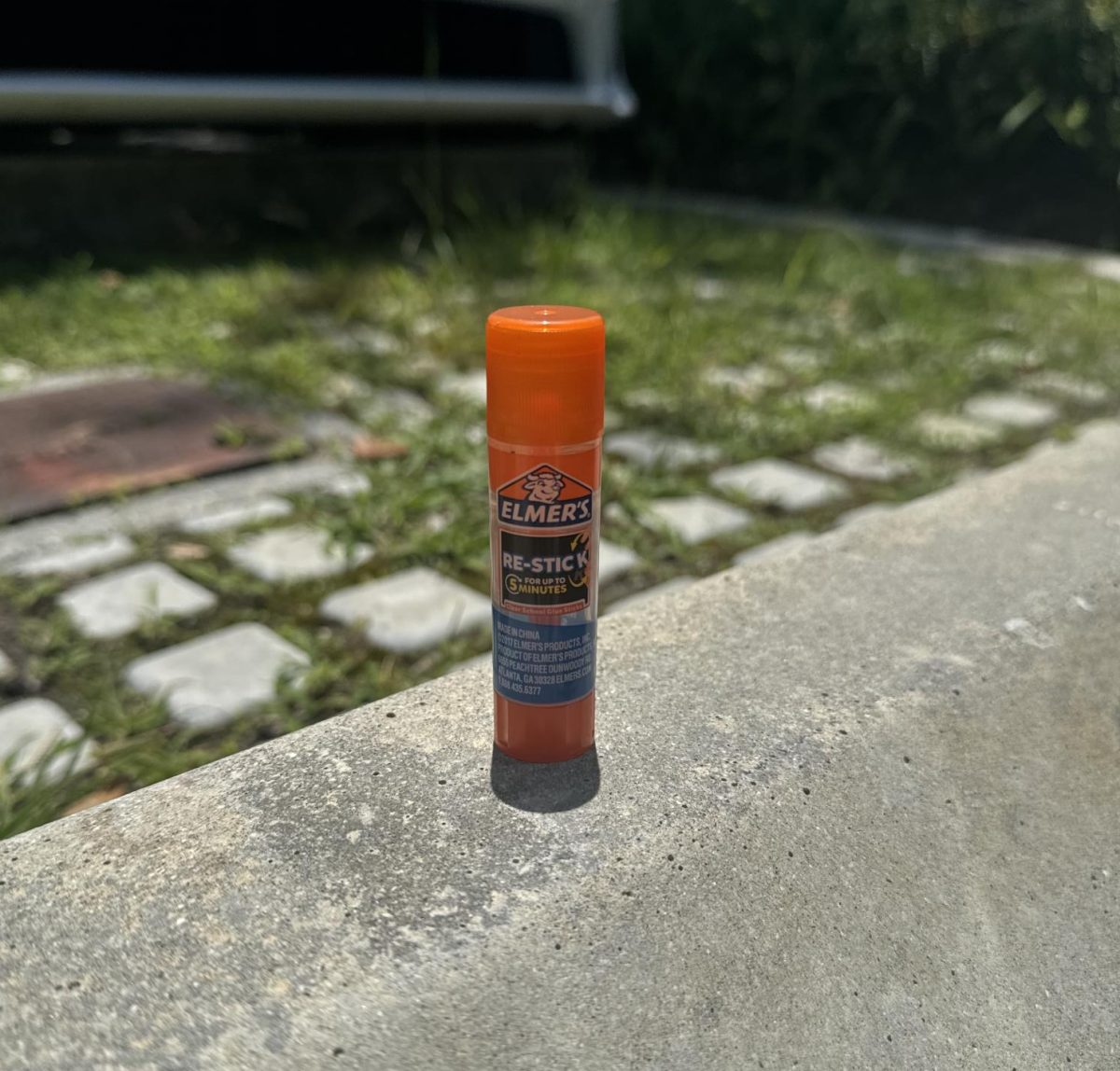As we come into the world, we see and are taught many things over the years, but have you ever wondered why your childhood affects the way you are and act? When we’re so little, we aren’t fully developed and do not understand things that well so how and why does it affect us so much?
“I’ve always been curious about how we take in so much as kids, but as I get older and go through certain experiences, I really do notice that my reactions or the way I speak is like how my parents used to speak to me and even sometimes remember certain things as a child that I realized that it actually affects how I think or do certain things,” said senior Camilla Souza.
The influence of childhood on our lives is a complex puzzle containing parts of sociology, psychology, and biology. Our brains are like sponges; they start to absorb knowledge and experiences from the world the moment we are born. Our brains are growing quickly during these formative years, forming connections between neurons that influence how we see the world and ourselves.
There are key times in childhood when our brains are particularly open to certain events. For instance, language development peaks in early childhood, and language exposure during this period is essential for developing later in life the ability to communicate fluently.
Furthermore, our emotional and social development is shaped by the relationships we have with our caregivers and our surroundings while we are young. Our lifetime capacity to establish safe attachments, control our emotions, and manage social interactions can all be impacted by the level of quality of these early relationships. While children who encounter neglect or hardship may find it difficult to control their emotions and form healthy connections with others, children who get constant affection and support are more likely to grow up with resilient and strong senses of self-worth.
This has been seen through a very cool study known as the Adverse Childhood Experiences (ACEs) study. This study, conducted by the Centers for Disease Control and Prevention (CDC) and Kaiser Permanente, examined the long-term impact of childhood adversity on health and well-being. They found that “children who face adversity like abuse or neglect are more likely to have long-term difficulties with mental health and forming healthy relationships. On the other hand, children who receive consistent love and support tend to have better emotional regulation and stronger self-esteem as they grow up.” This shows that early experiences have a big impact on how we handle emotions and interact with others throughout our lives and how it truly shapes us.
“I had a great childhood, but I did go through some traumatic things that now that I am older I realize that I am the way I am because of it,”
— Senior Emilie Reyes
“I always wondered why I am so mature for my age and I blamed it on because I have an older brother but then I realized it’s really because of the environment I grew up in, and I have thought about why my attitude towards certain people or situations is like that. I come to realize that it’s because of childhood,” said senior Michelle Rodriguez.
Essentially, there are many factors on why and how our childhood affects our adulthood so much; It goes back to science, psychology, the way our brains grasp things, etc. The experiences we have during our early years shape the structure of our brains and establish the foundation for our mental and emotional health. Even while we might not recall every aspect of our early years, their influence on our hearts and brains can last a lifetime, forming who we are and how we interact with the world.








